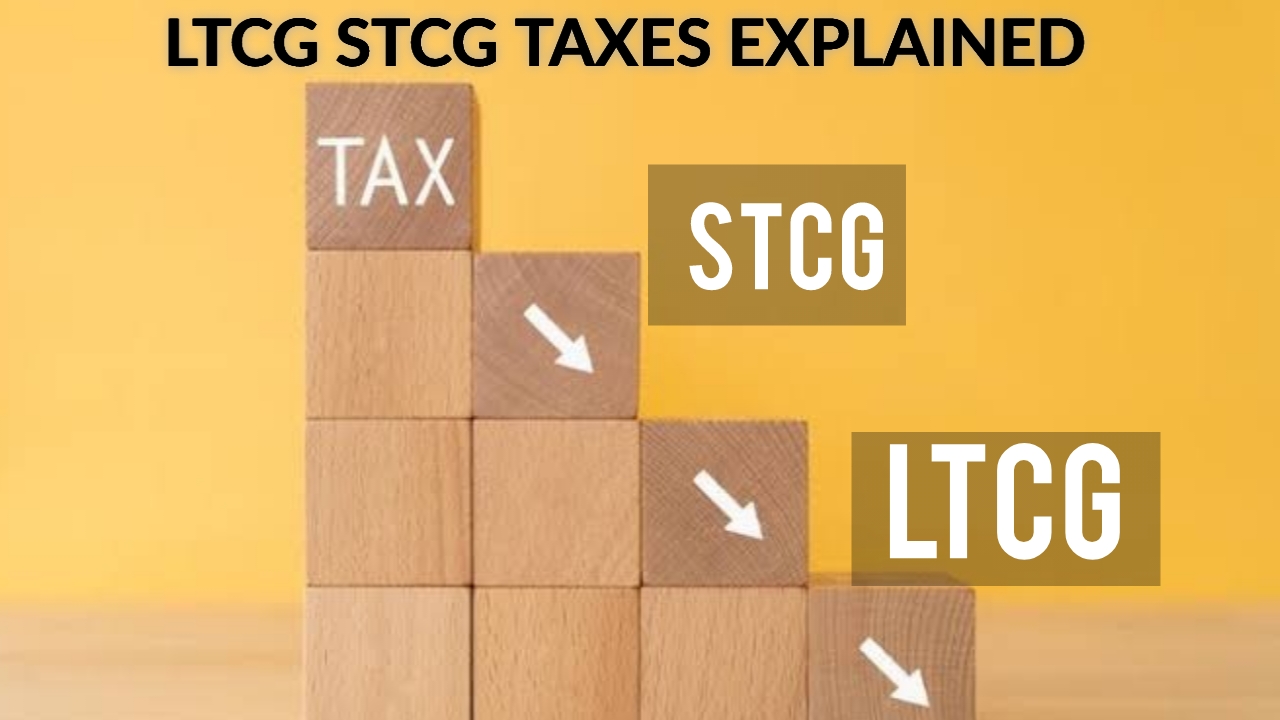LTCG (Long-Term Capital Gains) and STCG (Short-Term Capital Gains) are two categories used to classify capital gains tax in India. These taxes are levied on the profit earned from selling capital assets like stocks, mutual funds, or property.
Based on the holding duration of an asset before it is sold, these are considered long term or short term. LTCG and STCG stand for Long term capital gains and Short term capital gains respectively.
LTCG (Long-Term Capital Gains): LTCG refers to such assets which are held for more than one year in the case of equity shares and equity-oriented mutual funds or two years for other capital assets.
The Indian government offers tax benefits to encourage long-term investment. LTCG tax rates are generally lower than STCG tax rates.
Long term gains on all financial and non-financial assets, on the other hand, will attract a tax rate of 12.5%. The union government hiked the tax rate by 2.5% for listed equity from 10% currently but reduces the tax rate by 7.5% for other assets such as house property, unlisted equity shares etc. The indexation benefit has also been removed on all the assets having long-term capital gains.
STCG (Short-Term Capital Gains): STCG refers to such assets which are held for one year or less in the case of equity shares and equity-oriented mutual funds or two years for other capital assets. STCG is typically taxed at a higher rate than LTCG.
Short term gains on listed equity attract a tax rate of 20% currently, while that on all other financial assets and all non-financial assets shall continue to attract the applicable tax rate.





Leave a Reply